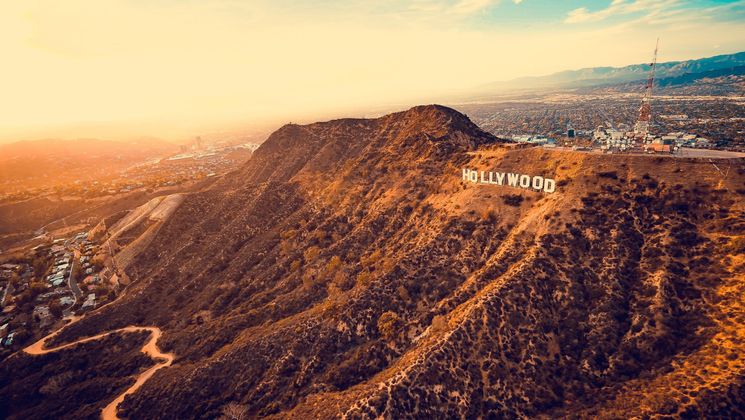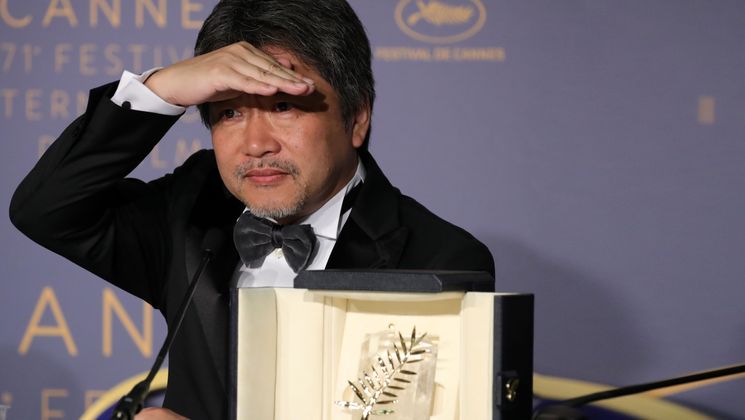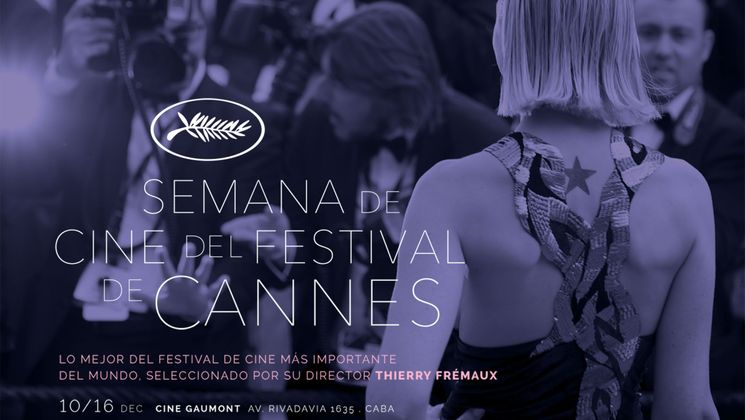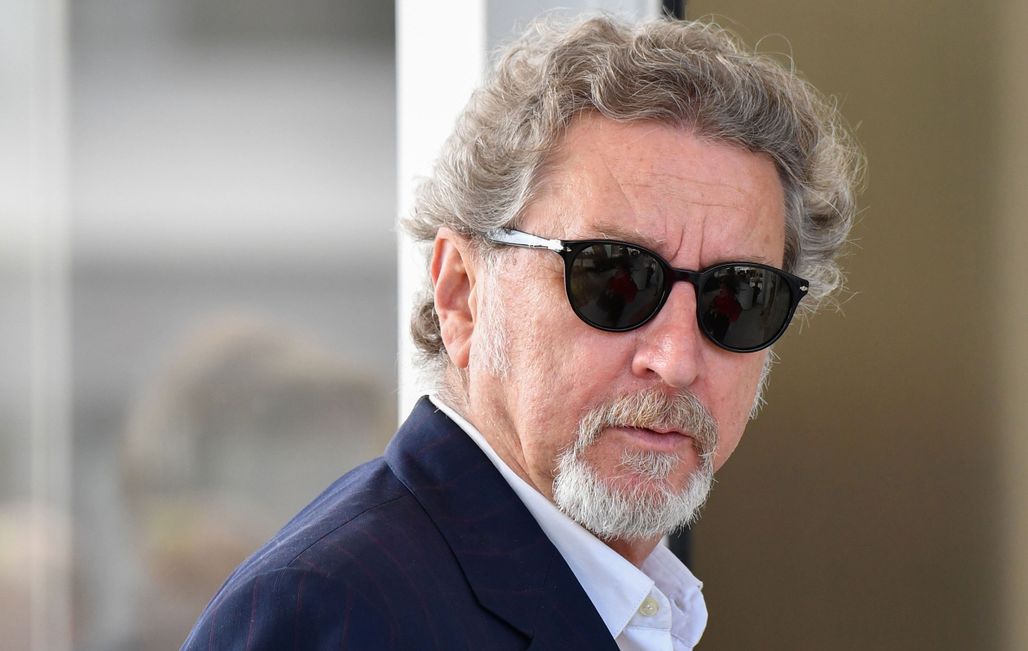
Interview with Robert Guédiguian, member of the Feature Films Jury

It was a day in May 1980 when a 26-year-old young man from Marseilles landed in Cannes with his first film, Dernier été (Last Summer). Robert Guédiguian tells us about his city, the shipyards, pastis and dockers. Recognition. Since then, Robert Guédiguian has never stopped speaking for all those who can’t, and emotionally moving the Croisette, from Marius et Jeannette (1997) and the Neiges du Kilimandjaro (The Snows of Kilimanjaro) (2011) to Marie-Jo et ses deux amours (2002). Interview with the “most Marseillais of the Armenians."
How was your trip from Paris?
I came by plane. I wanted to take the train, but there were no more seats available. I prefer the TGV since I can work on the train…
Events concerning the railway and railway workers are currently being reported in the news, and you haven’t remained indifferent to this…
I strongly support them. My friends and I have launched initiatives to help, notably a common fund to support the strikers, which has grown to one million euros.
Strikers, workers and “little people” are the heroes of your fictional work. Where does it come from?
In most of my films, I've tried to portray them as heroes, to create popular characters from book heroes, tragic heroes and comedic heroes.
My intention each time is to speak for those who have no voice of their own. My father worked on the docks, my mother was a housekeeper, and I speak in their stead.
They weren't equipped to use words as weapons, but they equipped me. They paid for my studies through great effort, and I feel very responsible for that.
And it’s often in Marseilles, your city, that everything takes place. Is it easier when it’s based at home?
The great force that drives cinema is the relationship between the local and universal, between specific and general. Universal things only exist when anchored in reality. In Competition, I see stories from Poland, Russia, Egypt—everywhere—and these films speak to me. They are very local in form, but their foundation is universal. I believe in this anchorage. All my screenplays are set in Marseilles, but they could be filmed elsewhere without changing a line.
Is it also a question of honesty in the cinematographic act?
Yes, you have to know what you’re talking about, there is also a story of legitimacy. Making a film is stealing. When I film, I’m stealing something.
I’ve always thought that legitimacy is needed when filming, a moral licence. From this point of view, Marseilles gives me peace of mind. I’m at home there; Marseilles is mine.
There is also Armenia. Have you finally discovered this country where your father came from through the films you’ve dedicated to it?
Yes, a little. The Armenians have adopted and readopted me, and initiated all that. I’m German on my mother’s side and Armenian on my father’s side, but above all, I'm an internationalist. I became concerned about Armenia thanks to cinema. The first time I came to Cannes, in 1981 for the Director’s fortnight with Dernier été (Last Summer), the press was very good. I had an old uncle named Theodore who telephoned me and told me, crying, “I saw that you were in Cannes; I read an article in Le Provençal and I’m very glad, but I’m especially happy you haven't changed your name. Some do this, but it’s never been a question for me to change my name. And he told me, “Every time I see an Armenian name in the paper, I know that we have survived.”
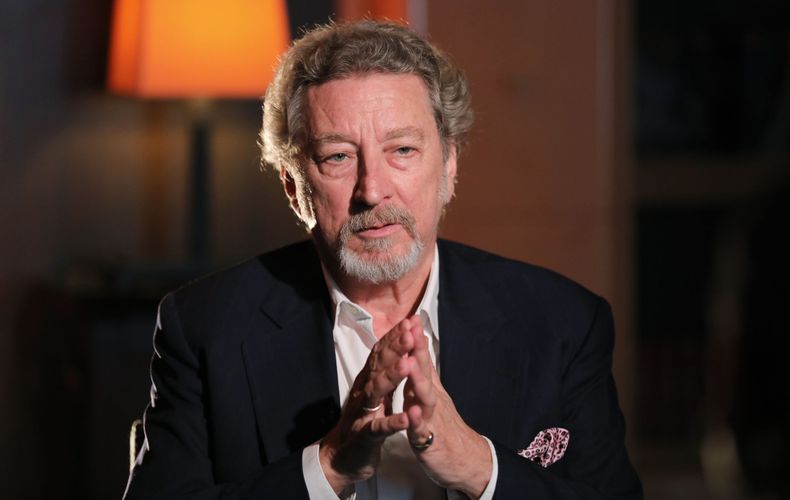
Robert Guédiguian © François Silvestre De Sacy /FDC
How was it the first time?
It was very moving. I thought about it the other day while watching the screening of the first film, and I saw this guy, very young and full of emotion… and I projected myself back to the past. I was very surprised to be here the first time at 26 years old; the film sold in several foreign countries, and it did really well.
Then you came back seven times. What does this festival represent for you?
Cannes is important, in all the categories. It’s an enormous springboard. There’s a “Fete” in “Festival”. It’s the Film Festival for the writer-director, conceived to be a strong cultural force. Images have no need for translation.
What cinema speaks to you?
All of it, even if we have a tendency to catalogue it. I make films to give my parents a voice, but that doesn't mean I only like directors who do the same thing. I’m here with my friend Denis Villeneuve, and I loved Blade Runner 2049. I also like love stories, musicals, American cinema, even if I do find it too imperialistic, private diaries, cinematographic poems…
What is going to guide your appreciation for the films In Competition?
A ridiculous article appeared in an American publication that made us all laugh; it stated that it’s already been decided, that Ava DuVernay was going to vote for Spike Lee, that a feminist member of the Jury would vote for Eva Husson, etc. I hope that all this will turn out be totally upside-down. Awards are given to the films that are liked the most. We’re obliged to consider that prizes are to be awarded.
Fifty years ago, Cannes didn’t escape the events of May 1968. Where were you at the time?
I was 14 years old. The first day of the strike, at school, I was among the first to join them. I did it on instinct; I didn't know why. It’s as if instinct became my conscience. I threw myself into it completely, and starting the next school year, I was busy with the union at school, where we set up a communist youth group… Since then, I’ve never stopped campaigning as an activist, even though I stopped involving myself in politics in 1980.
Is making films like involving yourself in politics?
I think so, yes. Deep down, I make films for this reason, to participate and intercede in public life. That’s my main motivation
